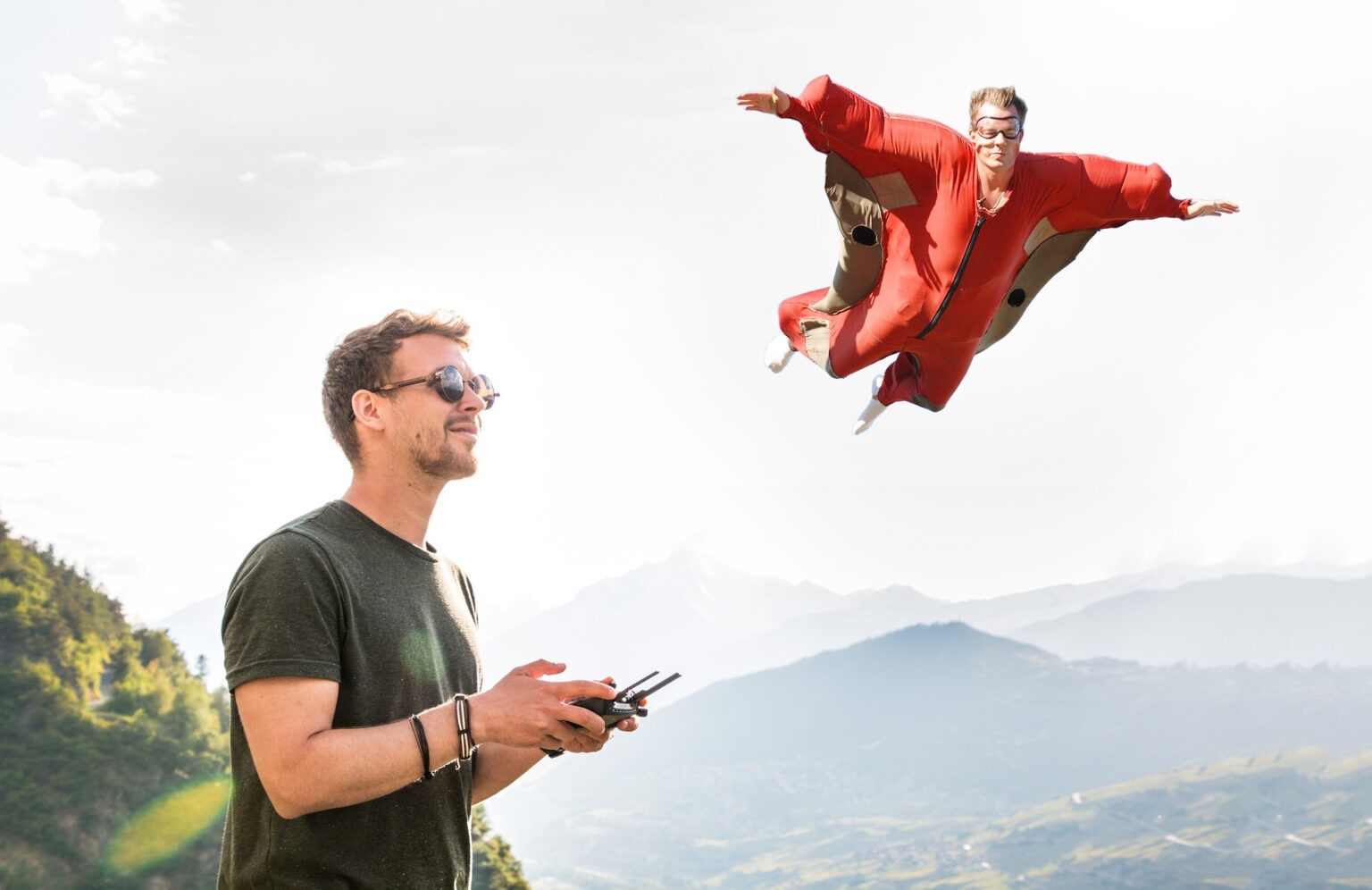In Western literature, evidence of lucid dreaming (LD) dates back to Aristotle. There is also no shortage of mentions of the phenomenon in the East. At the moment, we are seeing a huge research studying this phenomenon from different angles. Berenika Maciejewicz, a researcher from the USA, has recently compiled an overview of the main scientific achievements in the field of LD.
The author reviewed 117 articles, most of which she excluded due to the lack of descriptions of LD induction methods, small coverage, or insufficient empirical verification. As a result, the researcher was left with 26 publications that she subjected to detailed analysis.
As the author notes, all scientists adhere to a similar definition of lucid dreams. There is a common and consensual opinion that a lucid dreamer is aware of the fact that they are sleeping, which in some cases may give them the opportunity to influence the content of the dream. Almost all the articles recognize the contribution of Fredrik Van Eeden, the Dutch psychiatrist who came up with this basic description of LD.
The research offers various means for inducing lucid dreaming. Maciejewicz classifies these methods into three main groups:
1. Cognitive techniques (reality checks, auto-suggestion, night awakenings with a return to bed, etc.).
2. External stimulation (masks producing light signals; a pre-recorded voice or sound; tactile stimulation).
3. Intake of drugs (participants who took drugs did report LD, but also severe side effects including vomiting, nausea, and insomnia).
Although some methods look very promising, the researcher adds that none of them is guaranteed to induce LD. However, many of them are rather effective, especially in combination.
In conclusion, the author points out one of the most important problems in the field of LD study: there is no uniformity in the research methodology. If scientists adhered to common standards, it would be possible to obtain more conclusive and parallel data.
Which LD technique do you prefer?
The article was published in October 2022 in the International Clinical Neuroscience Journal.
Get all the latest news about lucid dreams via our channels on Telegram, Instagram, Facebook




